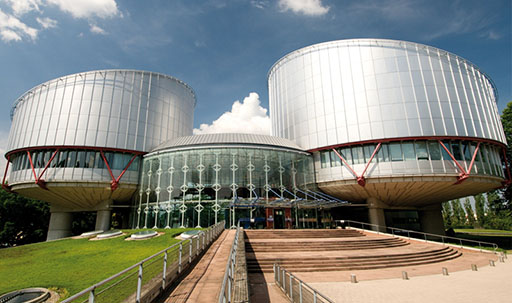3.3 The European Court of Human Rights
The European Convention on Human Rights (ECHR) was created in 1950 in the aftermath of the devastation of the Second World War. The UK was one of the first signatories and played a major role in drafting the Convention which protects a series of fundamental human rights, including:
- the right to life
- freedom from torture and inhuman and degrading treatment
- freedom from forced labour or slavery
- the right to liberty and to a fair trial
- the right to privacy.
The ECHR is important as it provides citizens with a tool for challenging excesses by public authorities. The European Court of Human Rights (the Court), which is based in Strasbourg, enables individuals to lodge complaints against those states who have signed up to the ECHR for alleged violations of rights contained in the Convention.
Any person claiming to be a victim of a violation of the ECHR may lodge a complaint directly with the Court provided that they have first tried to resolve their case in the domestic courts of the state concerned. All final judgments of the Court are binding on the state. The UK, as a signatory, is therefore expected to change the law to accommodate the Court’s ruling and judges of the Court may therefore make decisions which may lead to a change in what is considered unlawful in the UK.

Although UK citizens already enjoyed many of the important rights contained in the ECHR judges in the Court have been called upon to decide socially and politically sensitive questions relevant to the UK. The Court has, on a number of occasions, held that the UK has violated the rights of individuals, for example, a judgment made by the European Court of Human Rights effectively abolished corporal punishment in schools in the UK.
